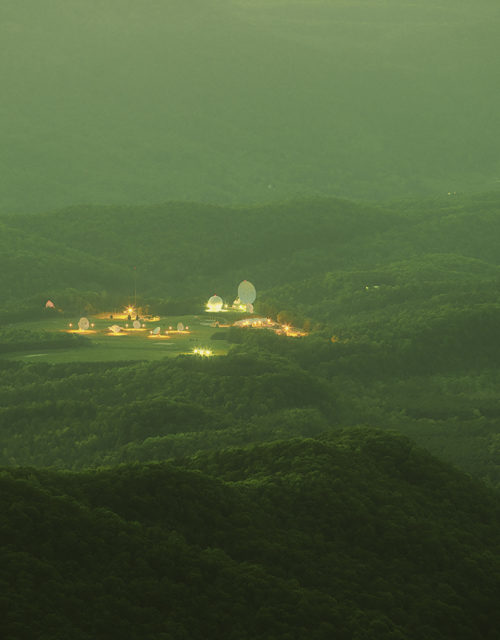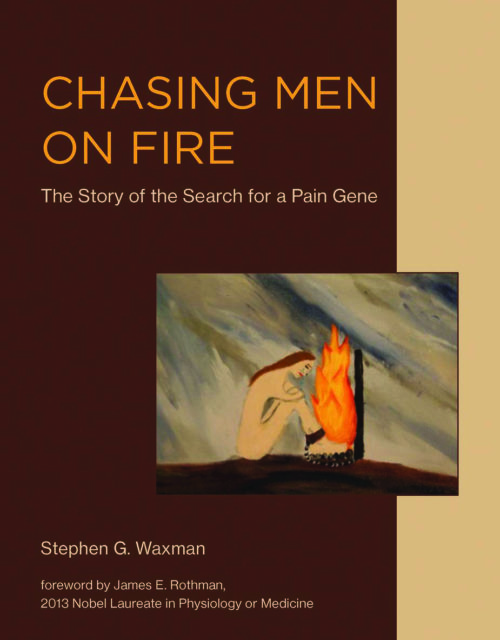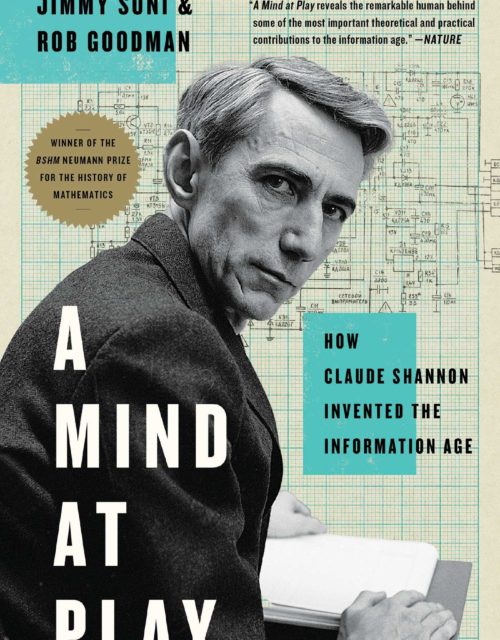Higher Education Re-Imagined
The US system of higher science, technology, engineering, and mathematics (STEM) education and workforce training is plagued with a number of systemic problems. Essays in a special section of this issue explore solutions to these problems with the intent of catalyzing the deep institutional change necessary to address the challenges of the modern world.
Editor's Journal
It’s About the Students
When complex, mature institutions are failing, it’s a lot easier to understand the causes of the failure than to know what to do. Even strong agreement about those causes may not be… Read More
Forum
Growing Entrepreneurs
Read MoreTalking About Gene-Edited Crops
Read MoreAmping up Research Universities
Read MoreSkills for Future Workers
Read MoreWorkforce Preparation
Read MoreLabor Market Information Gaps
Read MoreFacts and Fears
Read MoreAlzheimer’s Dilemmas
Read MoreForum – Winter 2019
Read More
From the Hill
From the Hill – Winter 2019
Democratic House victory leads to musical chairs Democrats won control of the House of Representatives in the 2018 midterm elections, and the Republicans increased their majority in the Senate. Several major players… Read More

Gallery
Sites Unseen & Orbital Reflector
Trevor Paglen is an artist and writer whose work spans image-making,
sculpture, investigative journalism, and engineering. With a PhD in geography
from the University of California, Berkeley, Paglen blurs disciplinary
boundaries in… Read More
Perspectives
Philosopher’s Corner: The Hidden Life of Science & Technology
In The Left Behind: Decline and Rage in Rural America (2018), the sociologist Robert Wuthnow describes the results of eight years spent interviewing rural Americans about politics and culture. Wuthnow finds “a… Read MoreThe Scientific Foundation for Assessing the Nuclear Performance of Weapons in the US Stockpile Is Eroding
Current worldwide geopolitical developments—including questionable Russian pronouncements pertaining to nuclear weapons, concerns about nuclear proliferation in a volatile Middle East, tension between the strategic interests of nuclear-capable China, and the security interests… Read MoreNew Policies Needed to Advance Space Mining
Space has long captured the human imagination—as a source of wonder, a place of discovery, a realm for aspirations. But increasingly, space is viewed as a frontier of economic opportunity as scientists,… Read MoreSciences, Publics, Politics: Climate Philanthropy and the Four Billion (Dollars, That Is)
At the 2018 Global Climate Action Summit in San Francisco, thousands of delegates representing local governments, businesses, philanthropies, and nonprofits gathered to send a message to the world. With Washington, DC, and… Read More
Features
Lessons from the Olin College Experiment
Higher education is notoriously hard to change. Despite the fact that the world into which students are graduating has altered radically, and continues to change at an ever-increasing rate, higher learning remains… Read MoreChallenging US Research Universities and Funders to Increase Diversity in the Research Community
Last March, we traveled to Charlotte, North Carolina, for a first round game in the 2018 NCAA Men’s Basketball Tournament. On tap that evening was a game between No. 1 seed University… Read MoreSecuring the Future of the US Biomedical Research Workforce
Since the end of World War II, the United States’ preeminence in biomedical research has been widely recognized. There are a number of features of the US system that are responsible for… Read MoreMinority-Serving Institutions
Much has been written—including in this edition of Issues—about the STEM workforce needs of the future, both in the United States and globally. As the needs of modern business and industry… Read MoreThe World Needs Students With Interdisciplinary Education
Students at Syracuse University are developing a deep understanding of neurobiology through the process of writing haiku. At DePauw University, students are learning about biochemistry by creating sculptures based on protein-folding research.… Read MoreThe Case Against Octopus Farming
Read MoreFor ethical and environmental reasons, raising octopuses in captivity for food is a bad idea.
Treating Sexual Harassment as a Violation of Research Integrity
Sexual harassment damages researchers, research products, and the research environment; it is a research integrity problem. It is therefore time for the research community to start treating sexual harassment as a violation… Read MoreInnovation in the Heartland
News reports about the death of the United States’ heartland are wrong and potentially a danger to the nation’s health. The US economic engine is not powered solely by efforts on the… Read MoreWhy the United States Should Partner With Africa to Deploy Advanced Reactors
Africa has nuclear power in its future. Interest in nuclear energy technologies among African nations is considerable and growing. Of the 30 countries identified by the International Atomic Energy Agency (IAEA) as… Read MoreCritical Steps Toward Modernizing Graduate STEM Education
The US system for graduate education in science and engineering is widely regarded as the best—or at least among the best—in the world, as evidenced in part by the many thousands of… Read More
Book Reviews

Whither Neuroscience?
More than a century since Santiago Ramón y Cajal’s exquisite renderings detailing the intricate cellular circuity of the brain stimulated new ways of relating brain structure with brain function, how much has… Read More
Mathematizing the World
The American engineering theorist Claude Shannon has largely been written out of popular history, despite developing the mathematical foundations of communication, data compression, digital computers, cryptography, circuit complexity, and networking, as well… Read More
